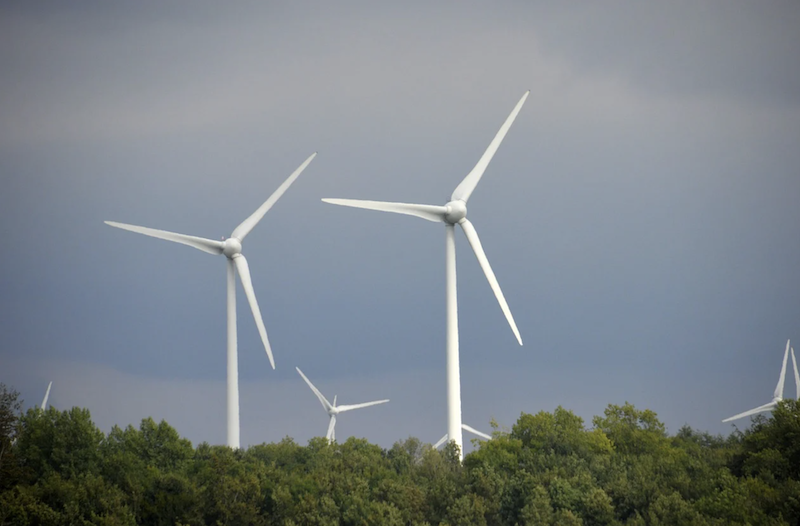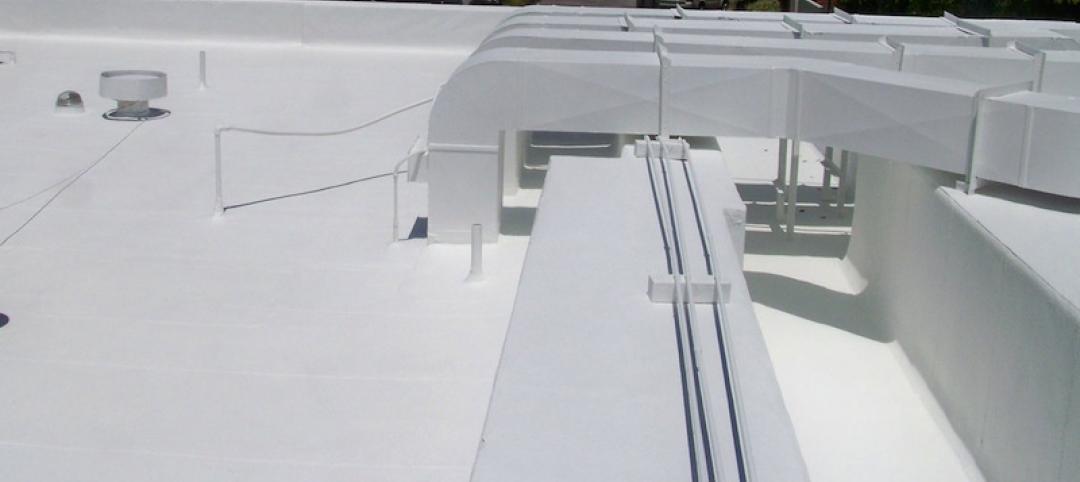The U.S. electric grid is making significant progress to zero-carbon status, according to a report from the Lawrence Berkeley National Laboratory.
Greenhouse-gas emissions from the electricity sector last year were 52% lower in 2020 than the U.S. Energy Information Administration predicted they would be back in 2005, the report says. Power-sector emissions fell 40% from 2005 to 2020, with much of the drop driven by cheap natural gas supplanting coal as the dominant fuel for U.S. power plants.
Further emissions cuts will require greater adoption of clean technologies such as energy storage, and that is achievable with the declining cost of solar and wind power generation, and battery storage, the report says. Low-carbon resources could reliably meet as much as 70%–90% of power supply needs at low incremental cost.
Other sectors, including the built environment, have made less progress in cutting emissions. Residential building emissions declined 29% from 2005 to 2020. Commercial building emissions dipped 32% during the same period.
Grid-interactive efficient buildings could help to make the grid more efficient by reducing the need for new supply and delivery infrastructure and providing another form of demand flexibility.
Related Stories
| Mar 27, 2013
Open discussion of regulations on tap at AGC’s 2013 Federal Contractors Conference
The AGC Federal Contractors Conference provides a venue for contractors and federal agency personnel to meet in a collaborative forum to review federal construction contracting issues from around the United States.
| Mar 27, 2013
New BACnet standard offers significant improvements to alarm handling
Changes to the newly published BACnet standard from ASHRAE will encourage smart building automation controls systems including alarms.
| Mar 27, 2013
CEIR releases tool that measures energy, environmental benefits of roof systems
The Center for Environmental Innovation in Roofing (CEIR) released its new RoofPoint Energy and Carbon Calculator that is designed to help roofing professionals measure the energy and environmental benefits of modern roof system technologies.
| Mar 27, 2013
Sustainable wood controversy leads to LEED ‘backlash bill’ in Florida House
A Florida House bill that says state agencies should decide on a project-by-project basis which green certification standards are used on state construction passed a subcommittee vote 12-1.
| Mar 19, 2013
Colorado Zero Energy District project shows how businesses can reach zero-energy standard
An ambitious experiment in Fort Collins, Colo., is supporting development of the nation’s first major urban zero-energy district.
| Mar 19, 2013
New LEED for Neighborhood Development and Historic Preservation guide released
A new guidance manual, LEED for Neighborhood Development and Historic Preservation, outlines strategies geared towards helping building teams incorporate historic resources into their developments.
| Mar 19, 2013
Senate bill would reform EPA’s lead renovation, repair, and painting rules
A bill to reform the EPA’s Lead Renovation, Repair, and Painting Rule (LRRP) was recently introduced in the U.S. Senate.
| Mar 19, 2013
Boston mayor’s energy efficiency disclosure rule under fire
A proposed ordinance in Boston mandating energy audits is coming under criticism from the Greater Boston Real Estate Board and others as being too costly and intrusive.
| Mar 18, 2013
USGBC to GAO: 'Schools need over $271 billion in maintenance fixes'
The Center for Green Schools at the U.S. Green Building Council (USGBC) has released its first “State of our Schools” report, highlighting the critical need to modernize school facilities to meet current health, safety and educational standards.
| Mar 14, 2013
Survey: Market demand now key driver for green construction
Construction firms across the world expect 60% of their projects to be environmentally friendly by 2015, according to the SmartMarket Report of McGraw-Hill Construction.













